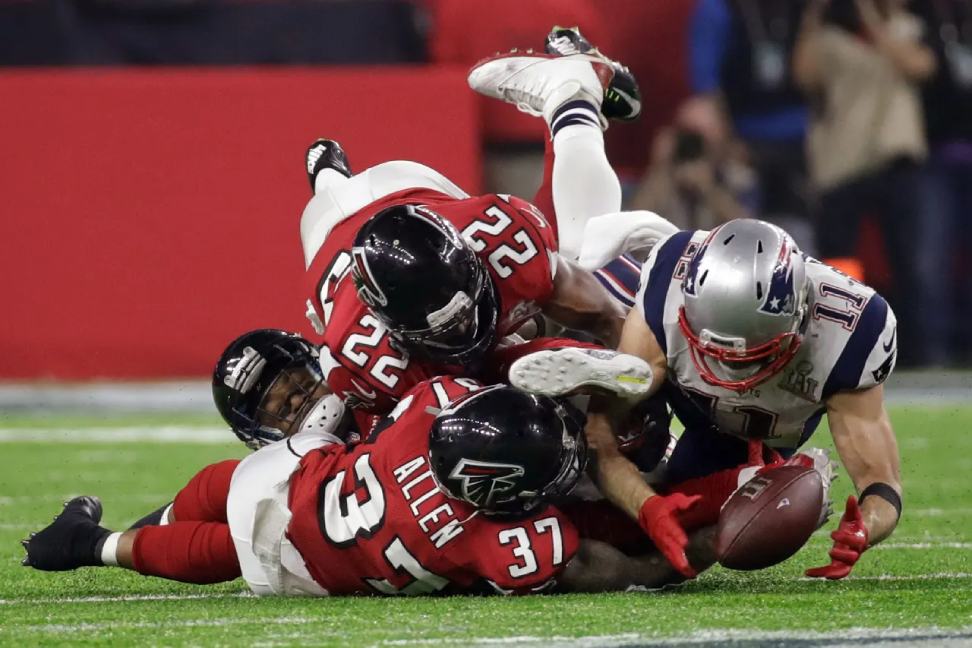Betbhai9, Laser247, Online Cricket ID, IPL Id: Odds, whether in sports betting or everyday life situations, play an essential role in determining the likelihood of an event occurring. They serve as a numerical representation of probability, allowing us to assess the potential outcome of a given situation. Understanding the fundamentals of odds is akin to unlocking a secret code that can greatly enhance our decision-making abilities.
At its core, odds represent the ratio of the probability of an event happening to the probability of it not happening. This ratio is typically expressed either as a fraction, a decimal, or in the form of a moneyline, depending on the context. For instance, if a sportsbook gives a team odds of 3/1 to win a match, it means that the chances of that team emerging victorious are 3 out of 4. Such a concept helps us grasp the magnitude of risk and reward associated with any given wager or outcome.
As we delve deeper into the world of odds, we realize that they are not just numbers arbitrarily assigned by bookmakers. Rather, odds are meticulously calculated based on a range of factors, such as historical data, statistical analysis, and expert opinions. This explains why odds continually fluctuate before an event, as new information becomes available and influences the perceived likelihood of different outcomes. By gaining a solid understanding of these underlying dynamics, we empower ourselves to make more informed decisions while navigating the intricate realm of odds.
The Importance of Probability in Odds
One of the most crucial factors in understanding odds is the concept of probability. Probability plays a vital role in determining the likelihood of an event occurring. It provides us with a mathematical way to assess the chances of a specific outcome. In the world of odds, probability provides us with a solid foundation to make informed decisions and calculate potential risks and rewards. Without probability, we would be left with mere guesswork, throwing caution to the wind. But with probability, we can analyze and interpret data, allowing us to navigate the complex world of odds with enthusiasm and excitement. So buckle up and get ready to explore the thrilling realm of probability in odds.
- � Probability is a crucial factor in understanding odds
- � It helps determine the likelihood of an event occurring
- � Provides a mathematical way to assess chances of specific outcomes
- � Allows for informed decision-making and risk calculation
- � Without probability, we would rely on guesswork alone
- � With probability, we can analyze and interpret data effectively
- � Navigating the world of odds becomes exciting with probability as our guide.
What are odds?
Odds represent the likelihood or probability of an event occurring.
How are odds calculated?
Odds are calculated by dividing the number of favorable outcomes by the total number of possible outcomes.
What is the relationship between odds and probability?
Odds and probability are closely related. Probability represents the likelihood of an event occurring, while odds express the same concept in a different format.
Why is probability important in odds?
Probability is important in odds because it provides a mathematical foundation for determining the likelihood of an event happening.
Can odds be used to predict the outcome of an event?
Odds can provide insight into the likelihood of an event occurring, but they cannot guarantee the exact outcome.
How do odds help in decision-making?
Odds help in decision-making by providing a rational basis for evaluating the potential risks and rewards associated with different choices.
Are odds subjective or objective?
Odds can be both subjective and objective. Subjective odds rely on personal opinions or biases, while objective odds are based on mathematical calculations and data.
What is the significance of understanding odds?
Understanding odds is significant as it allows individuals to make informed decisions, assess risks, and potentially increase their chances of success.
Can odds change over time?
Yes, odds can change over time as new information becomes available or as the circumstances surrounding an event evolve.
How can one use probability and odds in everyday life?
Probability and odds can be used in everyday life to make decisions regarding investments, insurance, gambling, and even personal choices such as weather forecasts or choosing the best route for commuting.
Read Also:
- Vela Scarves- Unveiling Their Elegance
- Top 4 Famous Head Scarves For Women
- Check Out Some Of The Famous Tory Burch Sunglasses

